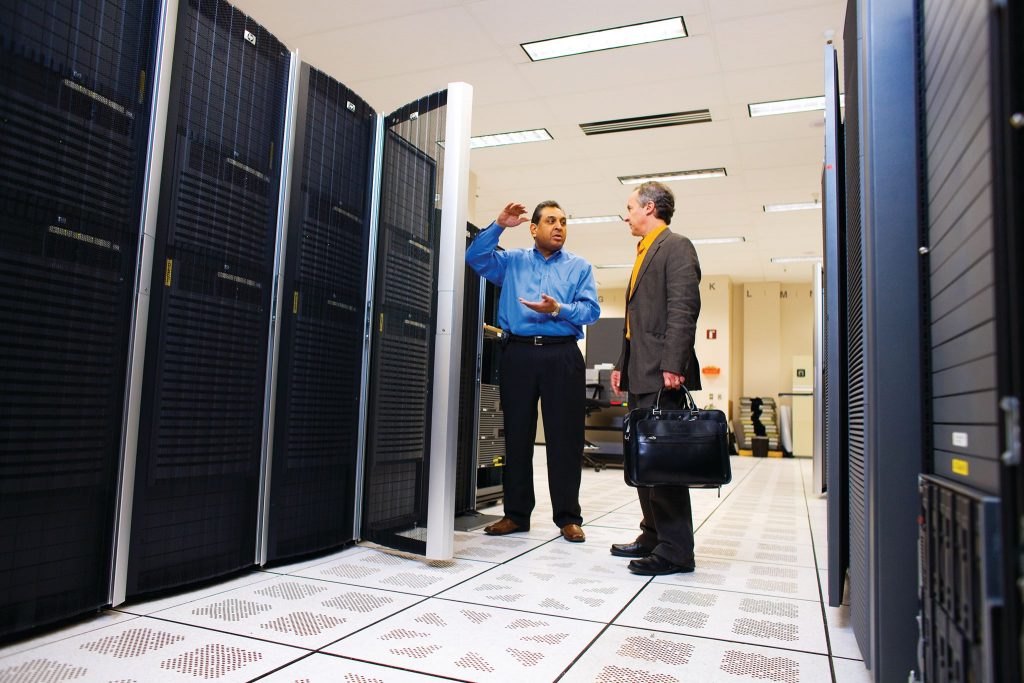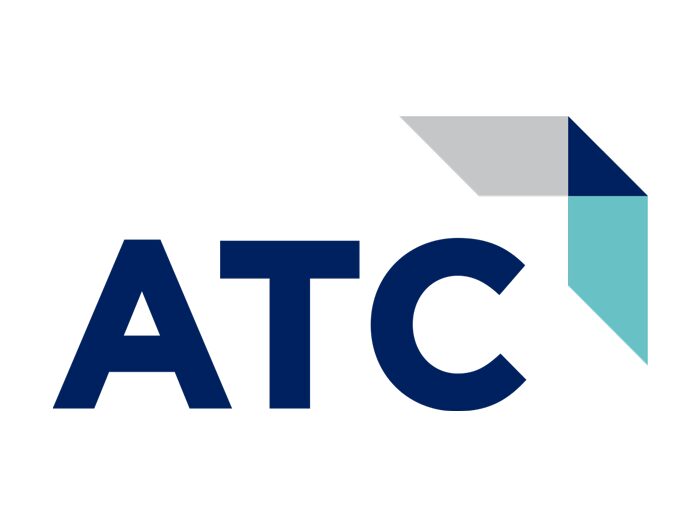
Simplify the Public Cloud and Get a Better Overall Experience
Imagine a restaurant where you have to prepare your own food, serve yourself, clean up your mess and then pay a bill at the end. The company provides the food and overhead – and nothing else.
This is the level of service you may be getting if you buy a public cloud package through a hyperscale cloud provider such as Google or Amazon.
A hyperscale cloud provider will offer the bare metal infrastructure that is needed for running your public cloud environment. The infrastructure will even be of premium quality. But it will be your job to manage that infrastructure on a daily basis.
This often comes as a shock to business owners who sign up for cloud services thinking they will be fully managed – only to find out the hard way they or their It staff must do the heavy lifting. The truth is that looking after your own public cloud infrastructure is difficult, time-consuming and risky.
Fortunately, there is a solution for this problem: A managed services provider (MSP).
An MSP, such as Rackspace, Hosting or Datapipe, simplifies the public cloud and provides a better overall experience by offering the following types of services:
- Enhanced security: An MSP can layer additional security services on top of the public cloud. These services can include encryption, real-time threat detection and analysis, systems hardening and security patching.
- Expert guidance: It’s not always easy to understand which workloads belong in the public cloud. An MSP will provide sound guidance when migrating and managing workloads.
- Full-time support: If a server suddenly stops working at 6 p.m. on a Saturday, you won’t have to ask an IT worker to come in and fix the problem. MSPs offer rapid-response troubleshooting and after-hours assistance.
- Ongoing maintenance: An MSP will provide regular maintenance to maximize uptime and prolong equipment life.
What’s more, an MSP will be held to a service level agreement (SLA). It will be legally obligated to ensure a stable, working public cloud environment. For this reason, MSPs are typically able to offer very high success rates. Hosting, Datapipe and Rackspace, for instance, all offer 100 percent uptime guarantees.
An MSP can also free up in-house IT resources from having to spend the majority of their time on system grunt work. Instead of responding to trouble tickets all day, IT workers can focus on interesting and meaningful projects like data analysis. So an MSP will actually add value to in-house IT departments. It could reduce turnover in the long run, too.
Finally, the most important point:
An MSP can save time, and reduce risk when bringing services to market by ensuring that all backend processes are in order. When businesses launch their own applications and services, they often run into unexpected performance issues. Performance issues are much less likely to occur when working with an MSP.
To learn more about how an MSP, can help optimize your hyperscale experience contact us.











